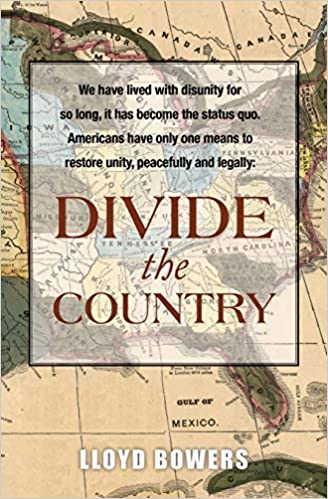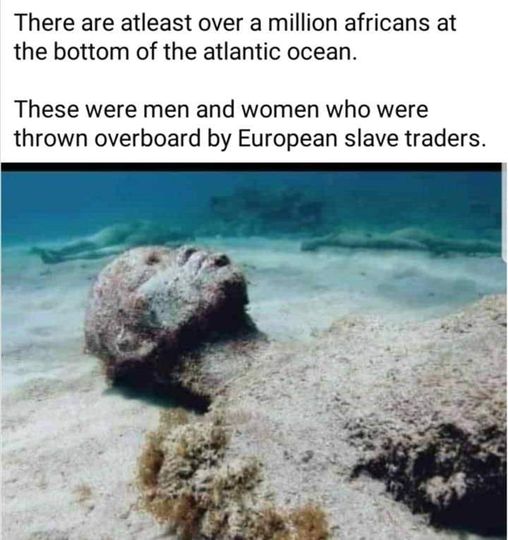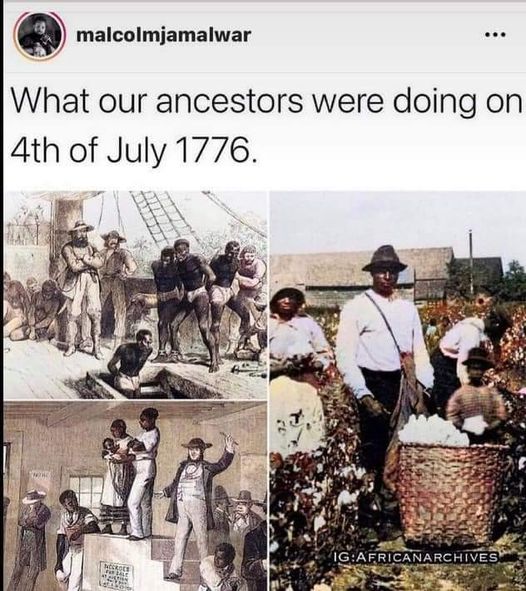A Nation for Black People
During my lifetime, I would like to see the United States divide into two or even three new nations.
In the Spring of 2020, I wrote up my reasons in a book titled Divide the Country.
I included a chapter titled "The Blacks and Nationhood," because I secretly think they are the most ripe for a change. Coming from enslavement and segregation, they look at themselves as repressed and a separate people, drawn to Black Nationalism by the writings of people like Malcolm X and Marcus Garvey. All they need now is to find forward-moving leaders who can serve as a Moses to lead them out of the second-class mindset that has settled over them.
Whether they can overcome the challenges facing any body of people who create their own nation depends on Moses managing the moving parts, most importantly the people he has to lead. He has to cultivate a mindset of personal continuity to give them the tenacity to pursue a plan and follow through with it. On this point, Moses may find himself at odds with most Black leaders who, to put it bluntly, have been co-opted by the White Elites and prefer their life with the Whites.
Acceptance by the White Elite has given Black leaders unprecendented prestige and presence, and made them a part of the Elite themselves. The Elite pays them their salaries—the Ford Endowment, the Carnegie Endowment, Harvard and Yale Univerisities, and various other White institutions, so that only a man or woman with depth of character can resist the lure of the White Elites.
I worry that American Blacks, at present, do not have the necessary personal continuity to focus on independence from the Whites. They may complain loudly about White racism and discrimination, but they also like the assurance that, as long as they retain a second-class position, the Whites will continue to look out for them. The Blacks will maintain this paternalistic relationship even though their dependence on the whites undermines their self-respect and burdens their relationship with the Whites with paranoia and resentment.
I look at these images that describe an earlier time in the nation's history and wonder why they play such a prominent part in the Black self-definition today. Does the legacy of slavery and racism give them the right to demand intervention in their lives by the Whites, a privilege reserved for the Black under-class?
In fact, the Blacks trust the Whites more than they trust themselves. They have hitched their wagon to the White Star. They obviously shouldn't do that, because when the White Star falls, they will fall with it. If they resent the Whites for the legacy of Slavery and Racism, why remain a hostage of the White star? Don't they retain enough residual mistrust of the Whites to discourage them from doing that? The line from a song, "I been down so long, it feels like up," comes to me. The Blacks learned dependence on the Whites centuries ago and still haven't shaken it off.
But the real problem with the Blacks' second-class status remains the loss of faith in themselves and the resulting loss of self-respect. Although no career-oriented White politician or White intellectual will risk saying it publically, they know that the loss of self-respect fuels the violent-crime in Black neighborhoods. It troubles me that I have to go out on a limb to say it, when I know good and well that plenty of educated, well-informed people already know it and stay silent!



